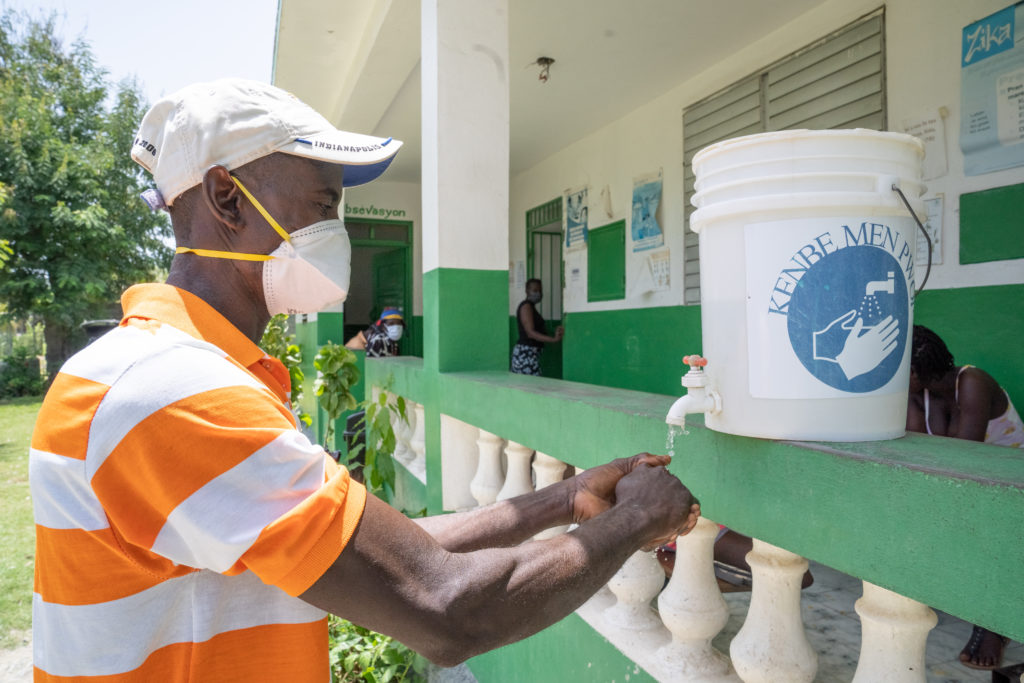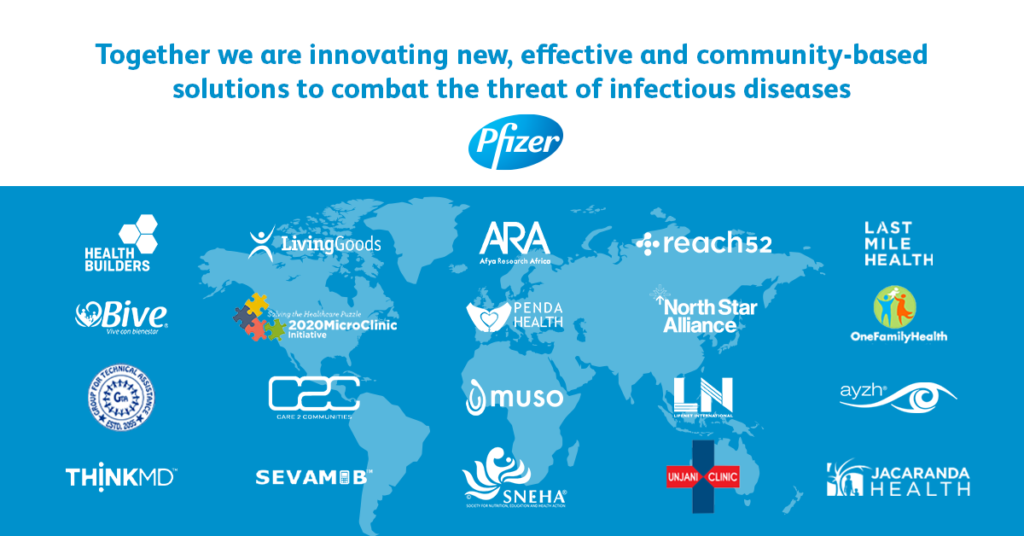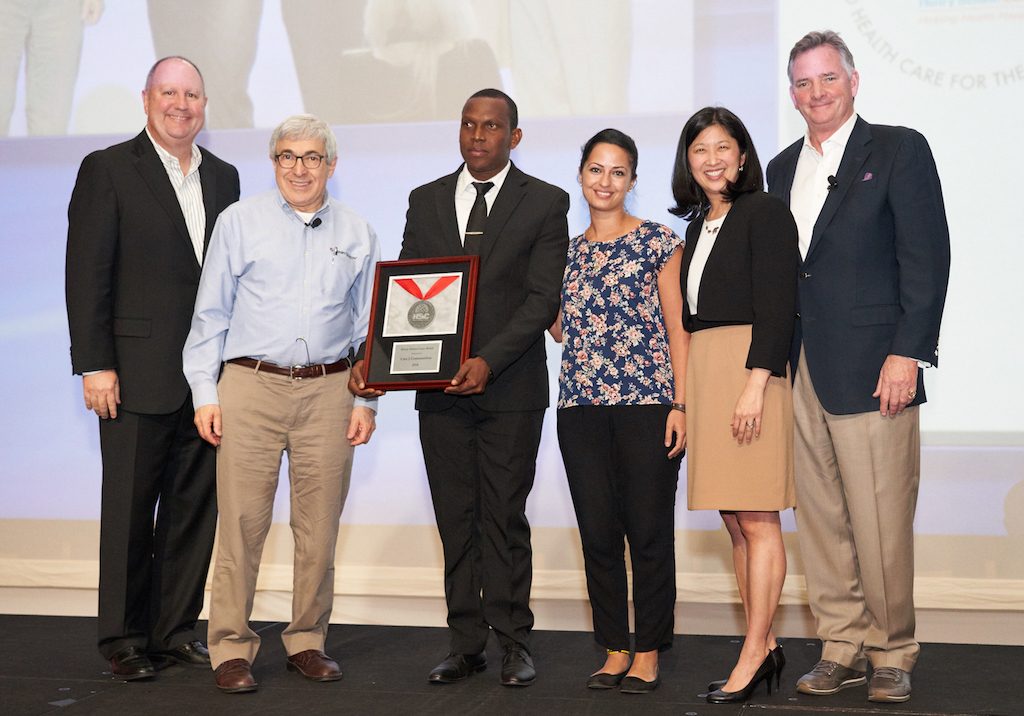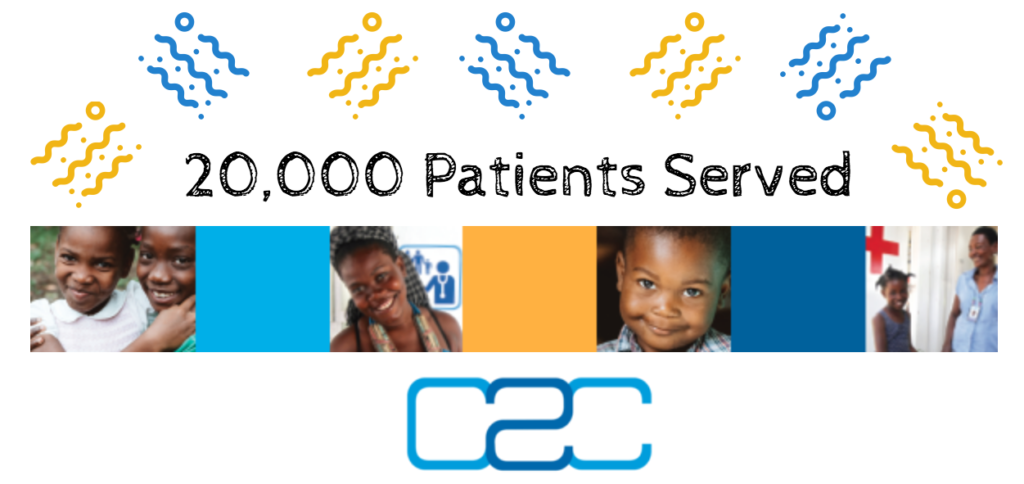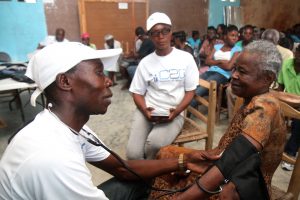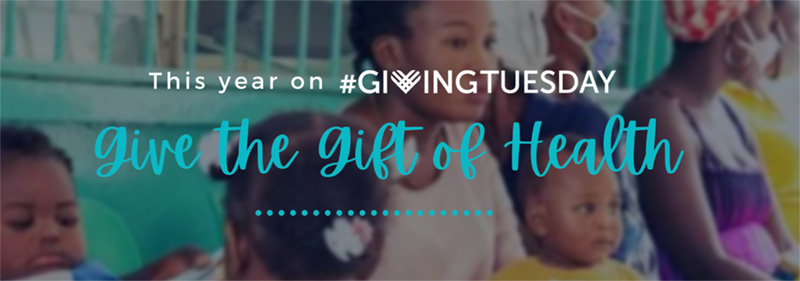C2C is delighted to share that Founder Elizabeth Sheehan was recently featured by Ellevate Network in this week’s Member Spotlight. Ellevate is a global, professional network of women dedicated to the economic engagement of women worldwide.
Enjoy the full Spotlight below!
We are pleased to spotlight Elizabeth Sheehan. Elizabeth has two decades of experience delivering medical care in the US and abroad. She began her career in healthcare working in emergency rooms in the US as a Physician’s Assistant. After a year-long journey to 19 developing countries to investigate health care delivery systems, Elizabeth became the medical director of The HALO Trust, an organization committed to village-based mine clearance.
Introduce yourself to our audience. Tell us who you are and what you are currently focused on.
As a founder of an international non-profit called Care 2 Communities (C2C) I am passionate about building a sustainable primary health care model that will increase health access for vulnerable populations in developing countries. Trained as an emergency medicine Physician’s Assistant, I worked in urban and rural settings in the US for a decade followed by another decade in Cambodia and Africa delivering health care to the poor. I felt most alive when my sleeves were rolled up—in a minefield or rural clinic as well as when building a new model to deliver sustainable health care via shipping containers. Five years ago I founded C2C, whose mission is to save lives by bringing primary health care to communities in the developing world. We currently operate in Haiti and Africa.
What’s been the biggest challenge in your career to date?
We all face naysayers, and I feel like my biggest challenges have been my greatest victories. When the earthquake rocked Haiti in January 2010, it rocked me to the core. The C2C prototype clinic fabrication was complete and within months it was deployed, installed and operational at the site of a destroyed children’s hospital in Port-Au-Prince. Four years later, thousands of pregnant women and infants have been treated, had lab tests performed and medicines dispensed from an on site pharmacy. Partnerships were formed and amplified our mission. Presently we are setting out to prove that sustainable community-run health clinics are possible—and we are tracking close to our sustainability goal years earlier than expected. With integrity, grit and local engagement we are defining a new paradigm for health care. We constantly face funding challenges due to the plethora of organizations delivering health care in the developing world, but very few can truly say they are sustainable.
What was your biggest career breakthrough moment?
My career has evolved over the past 20 years, from front line health worker, health economist and now founder, funder and board member of C2C. When I stopped trying to label myself and focused more on continuing to pursue my passion of health equity for all, I was able to get into the flow. My horizontal career moves have allowed me to learn and contribute in each field in a way that I could not have had I just stayed on one track.
Finish this sentence, “I knew I had ‘made it’ when….”
I knew I made it when C2C made it. With a dynamic team of women employees, we have been able to expand the funding base of C2C to include individuals, family foundations, and emerging institutional support (and always need more of all of these!). The measurable impact made in communities where C2C clinics operate has been significant. In 2 clinics in Haiti more than 15,000 patients have been treated, 20,000+ life-saving medicines have been dispensed, 900+ ultrasounds have been performed, 3,500+ home health visits have been conducted by community health workers, 5,000+ women have enrolled in free family planning programs and 99% of patients say the quality of care they receive is excellent or good.
If you could go back and talk to your younger self (before your career really began), what professional advice would you give her?
It has been said so many times and ways—but I am a firm believer in following your passion. Once found, position yourself amid fertile soil, find mentors and allies, celebrate success more than setbacks and constantly iterate.
Share your two cents about money. What lessons have you learned about money along the way?
My family of origin was very frugal and my father spent time with every one of his 8 children teaching us about money management and his story of success, which was all about razor focus and very hard work. My approach to money as an adult is that it has far more power and transformative qualities when it is out in the world and not piling up in a bank account. Be honest about what you need to live and retire on and what your children need to get launched – then loosen the strings and watch it really transform lives.
What’s your secret to success?
Although I have had many external successes—as a nationally ranked junior equestrian show jumper, a fulfilling medical career and humanitarian service—the most lasting success I am realizing is when I am in stillness. When I am not always doing, going, achieving. It’s about listening in to the stillness, listening to myself, others and to all that is becoming. This is part discipline, part practice and part support network (a great coach has been life changing for me). Regardless of the season, I unplug daily, reconnect to nature and strive to be fully present with my 2 amazing children and partner.
Why are you a member of Ellevate?
It is a wonderful local and international women’s network that I feel has the perfect combination of intelligence, passion and heart. Women helping other women to be fully expressed. I am also interested in connecting with anyone who is interested in serving on our board of directors or supporting our work through their networks.

